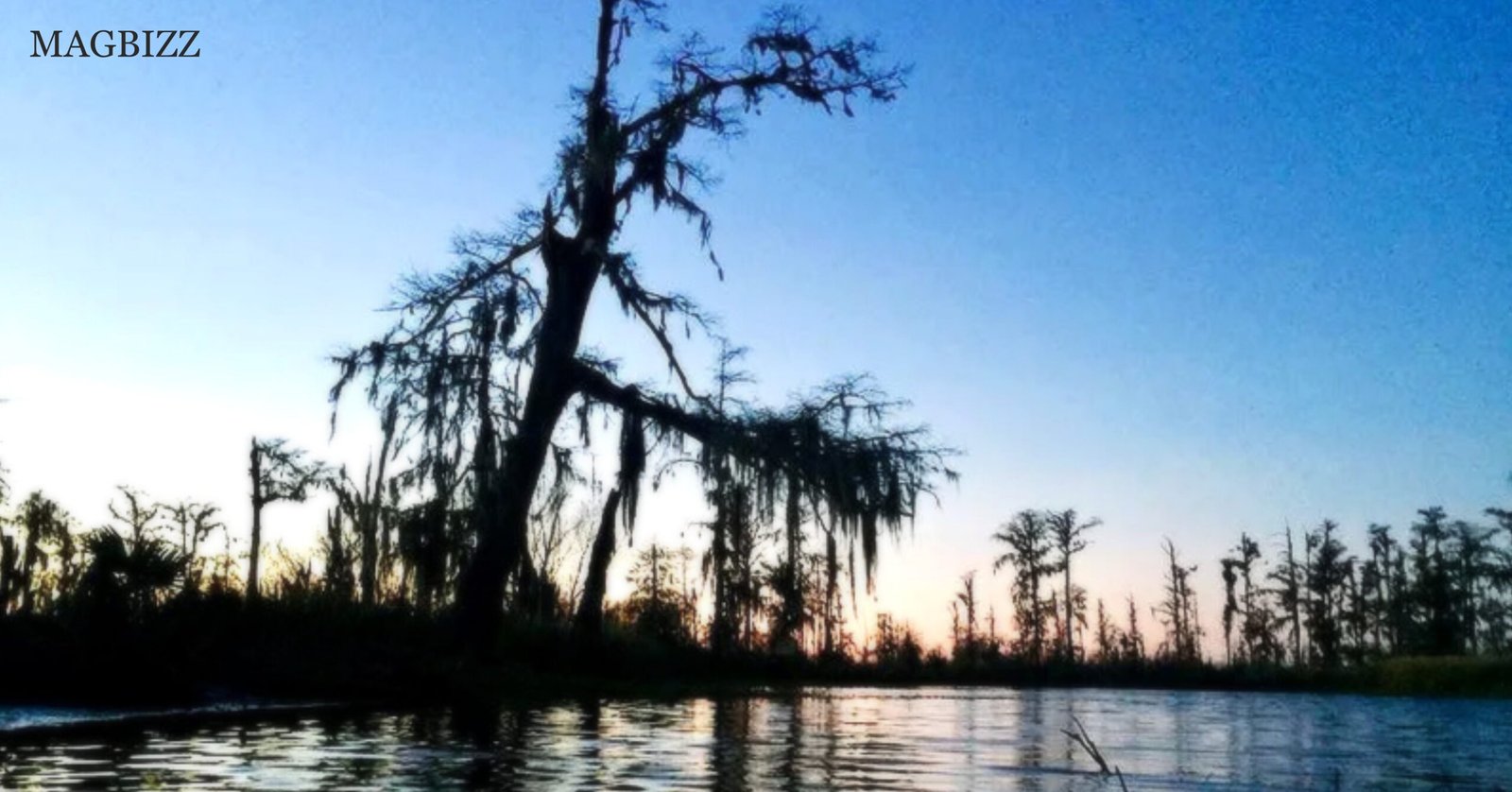The United States Supreme Court’s historic ruling, coupled with the involvement of an Idaho couple, has caused a stir in the environmental conservation movement and resulted in major adjustments to wetlands preservation across the country.
The “Idaho Couple vs. EPA” issue began when Mike and Sarah Turner, rural Idaho homeowners, were accused of breaking the Clean Water Act by expanding their land without the necessary licenses. As a result, they were hit with heavy fines and faced legal action. The Turners contended that by designating their land as “wetlands,” subject to federal control, without following the correct legal procedures, the Environmental Protection Agency (EPA) had overreached itself.
EPA’s Broad Authority Challenged
The Turners contended that by designating their land as “wetlands,” subject to federal control, without following the correct legal procedures, the Environmental Protection Agency (EPA) had overreached itself.
The recent decision by the Supreme Court to rule in the Turners’ favor has significant ramifications. The Court’s argument that landowners should have the chance to contest the EPA’s jurisdiction over their property before facing enforcement actions is the central finding of the opinion. This is a substantial departure from earlier interpretations of the Clean Water Act.
A Divided Court
The conservative justices on the Court led the 5-4 majority judgment, arguing that the EPA’s jurisdiction to designate property as wetlands had grown unduly wide and was burdening property owners with needless regulations. The dissenting justices, on the other hand, voiced worries that the decision might make it more difficult for the federal government to safeguard important wetland ecosystems.
Concerns have been expressed by environmentalists and conservationists over this decision’s possible effects on wetlands, which are vital for preserving water quality, averting flooding, and serving as habitats for various animals. They worry that if federal control over wetland protection is loosened, chaotic development and the deterioration of these important ecosystems may result.
The decision will force federal agencies to carefully reevaluate their strategy for protecting wetland areas, which might have an impact on the range of their regulatory jurisdiction. Legislative initiatives to accurately define the boundaries of federal jurisdiction and provide clarification on the Clean Water Act may potentially result from it.
Property Rights and Conservation in Balance
A wider discussion concerning property rights and environmental preservation has been spurred by the case. The Turners and other property owners who feel burdened by government regulations may find some respite from the judgment, but there are worries about the long-term effects on America’s wetlands and rivers.
Watching for Ripple Effects
Stakeholders on all sides of the debate will be keenly observing how this landmark Supreme Court ruling may affect wetland conservation initiatives in the US as the legal environment surrounding wetland preservation continues to change.








